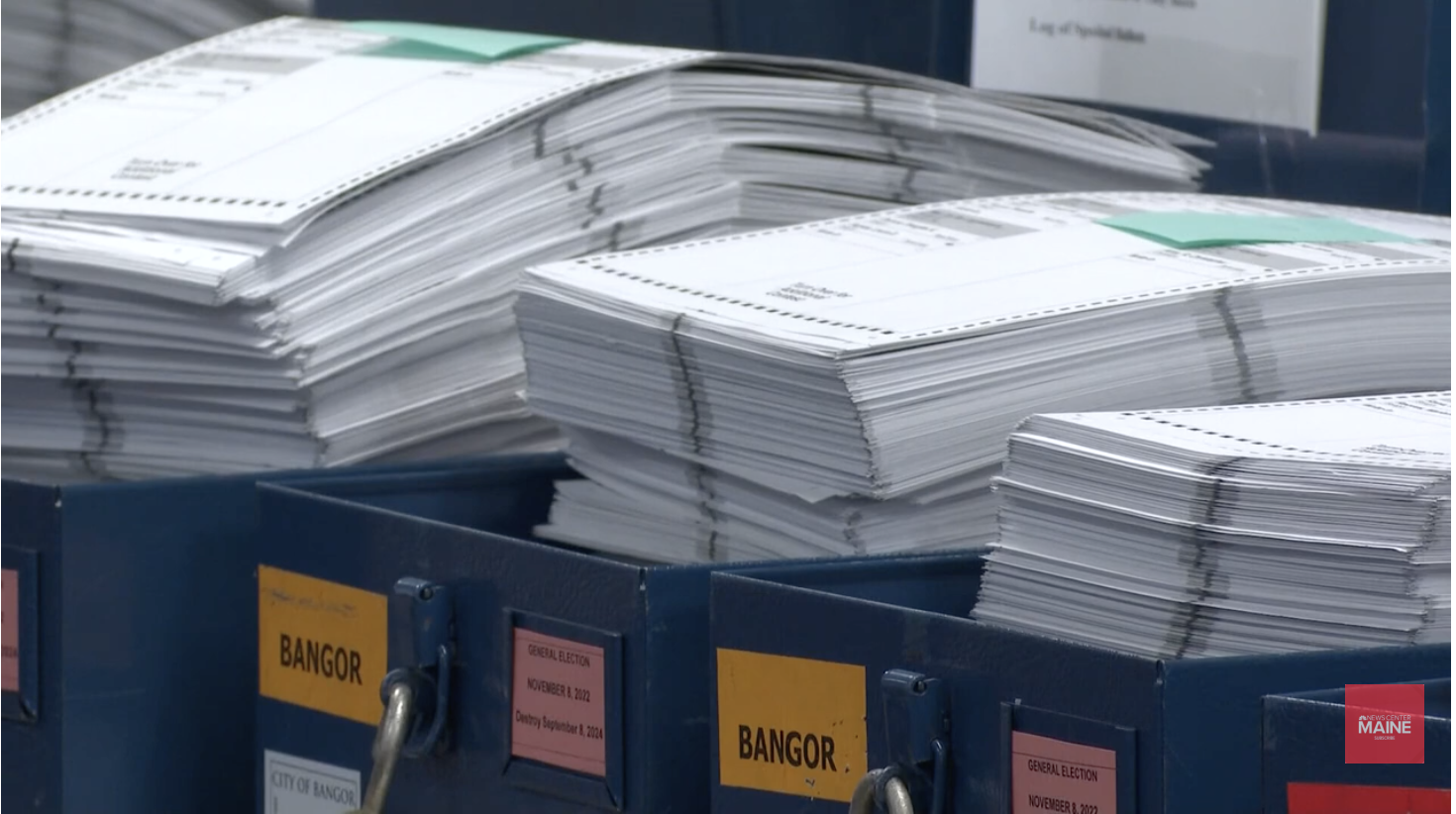Shutdown uncertainty drives more Michiganders to food pantries
Teh article reports that food pantries in Michigan are experiencing increased demand amid ongoing uncertainty caused by the federal government shutdown, which has extended into its fifth week-making it the longest in U.S. history. The shutdown has threatened delays in Supplemental Nutrition Assistance Program (SNAP) benefits, prompting Michigan Attorney General Dana Nessel and 22 other attorneys general to sue the U.S. Department of Agriculture to release contingency funds needed to keep SNAP operational. Although a federal court ruled for partial SNAP funding in November, uncertainties and potential delays remain, raising concerns about the adequacy and timing of support for beneficiaries.
Local food pantries, such as the St. Anthony Family Center in Hillsdale County, have seen about a 50% increase in visitors, largely due to fears that SNAP benefits will be cut off. Approximately 13% of Michigan households rely on SNAP, including families with children and older or disabled adults. Despite concerns, pantry administrators strive to maintain stable services as the shutdown continues.
State officials have taken measures to mitigate the impact, with local leaders allocating millions in funding to support food banks, though attempts to secure legislative stopgap funds have largely failed. Political blame is being exchanged between Republicans and Democrats over the shutdown. Republicans highlight the need for Democratic support in the senate to pass a budget, while key Michigan Democratic senators have voted against efforts to reopen the government.
Shutdown uncertainty drives more Michiganders to food pantries
(The Center Square) – Michigan food pantries are reporting higher demand as uncertainty continues over federal funding for food benefits.
This comes as the federal government shutdown continues into its fifth week. Wednesday will mark this shutdown as the longest in the history of the nation.
The prolonged shutdown has now prompted states to take action.
In October, Michigan Attorney General Dana Nessel joined 22 other attorneys general in suing the U.S. Department of Agriculture and U.S. Agriculture Secretary Brooke Rollins.
That lawsuit sought to require the release of USDA “contingency reserve funds” to keep the Supplemental Nutrition Assistance Program operational past Nov. 1, which is when those taxpayer-funded benefits were set to be paused.
“The delay in partial benefits is entirely of the Trump administration’s own making,” Nessel said on Monday. “I will continue to work to ensure that USDA fulfills its legal obligations and that Michigan families receive the benefits they need.”
While a federal court ruled that $5.25 billion must be used to partially fund SNAP for November, there is still uncertainty about how that will play out in the states. There are also concerns about a delay in that funding reaching beneficiaries as the USDA seeks clarification from the court on how to fund SNAP.
Nessel addressed those concerns.
“The USDA has agreed to comply with the court’s orders and will fund partial SNAP benefits in November,” she said. “We are still awaiting more information on how much Michigan beneficiaries will receive, but I am gravely concerned that a delayed, partial payment will not be enough.”
Food Pantries
In Hillsdale County in southern Michigan, the St. Anthony Family Center has seen a significant rise in visitors over the past several weeks.
Lawrence Peter, administrator of the food pantry, told The Center Square that the increase began when local residents started hearing that SNAP benefits could be disrupted. He said it was largely anticipatory.
“People hear the news, they hear it on the radio, or they read it on the internet or on TV, and they heard that SNAP was being cut off,” he said. “So, the last three times we were open in October, we saw a 50% increase over our average visitors.”
Currently, nearly 13% of Michigan households, or about 1.4 million people, receive SNAP benefits. Of those, 43% are families with children and 36% are families with older or disabled adults.
Peter said the center is focusing on stability and service, no matter how long the shutdown lasts.
“Right now we have a higher than usual demand,” he explained. “It could go on another month, and that’s going to increase the pressure. Our role is to try and make sure that we’re positioned as well as we can be in order to meet the needs we can.”
Though concerned about the uncertainty, Peter remained hopeful.
“I’m always concerned. I mean, it’s my job to make sure that we have everything we need,” he said. “We want ourselves to be a bridge, not a crutch. We know the government’s going to reopen, and SNAP is going to resume, and then everything will get back on even keel.”
State Measures
Michigan politicians have been consistently working to try to fund stopgaps in case there are disruptions to food benefits in the state.
While largely unsuccessful in the state legislature, Detroit Mayor Mike Duggan successfully approved $1.75 million in funding to local food pantries and Governor Gretchen Whitmer allocated $4.5 million to the Food Bank Council of Michigan.
Both Republicans and Democrats are passing blame for the shutdown, which is the first since 2018.
2025 ELECTIONS LIVE UPDATES: LATEST ON RACES IN VIRGINIA, NEW JERSEY, AND NEW YORK
Republicans point out that, though they control both the U.S. House and Senate, they need seven Democrats in the Senate to meet the 60-vote requirement to pass a budget and end the government shutdown.
So far, only three Democrats have crossed the aisle, while others vote no even to passing a continuing funding resolution. Both Michigan U.S. Sens. Gary Peters and Elissa Slotkin continue to vote against reopening the government.
" Conservative News Daily does not always share or support the views and opinions expressed here; they are just those of the writer."




